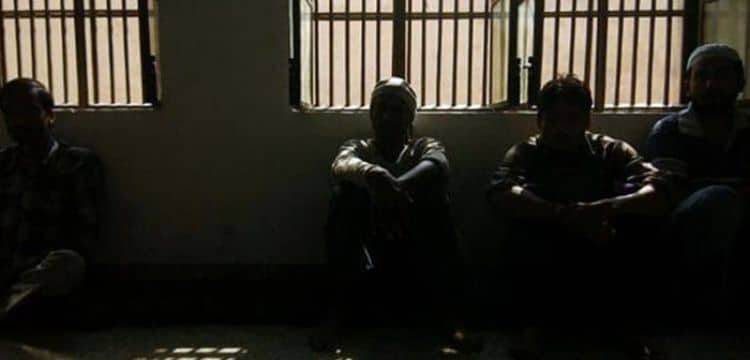[vc_row][vc_column][vc_column_text dp_text_size=”size-4″]On Monday (today), Pakistan and India are set to exchange the lists containing the names of civilian prisoners held in each other’s custody. This simultaneous exchange will be facilitated through the high commissions of Islamabad and New Delhi.
The exchange of lists is mandated by the Agreement on Consular Access, which was signed by both countries in 2008.
According to this agreement, India and Pakistan are obligated to share the lists of prisoners in each other’s custody twice a year, specifically on January 1 and July 1.
As of July 1, 2023, the list presented to the high commission of Islamabad in New Delhi reported 417 Pakistanis detained in Indian jails, including 74 fishermen. Similarly, Pakistan submitted a list of 308 Indian prisoners, including 266 fishermen, to the high commission of New Delhi in Islamabad.
The agreement outlines that both governments must provide consular access within three months to citizens of one country who are under arrest, detention, or imprisonment in the other.
Also Read: COAS Pledges Unwavering Commitment to National Security and Development
Additionally, the governments are committed to promptly informing each other of the sentences handed down to nationals convicted in the other country. Release and repatriation are to be carried out within one month of confirming their national status and completing their sentences.
In instances of arrest, detention, or sentencing on political or security grounds, both sides have the authority to assess the matter based on its merits.
Furthermore, the agreement allows for discretion in special cases that warrant compassionate and humanitarian considerations, permitting each side to exercise its judgment within the confines of its laws and regulations for the early release and repatriation of individuals.
The frequent arrests of fishermen from both countries occur due to the lack of a clear demarcation of the maritime border in the Arabian Sea, coupled with the absence of technology on their boats to determine precise locations.
Additionally, an Indo-Pak Joint Judicial Committee, established in 2007 and composed of eight retired judges from each country, serves to investigate the situation of civilians imprisoned in the other country’s jails. It focuses on facilitating the release of prisoners, especially fishermen detained for straying across territorial waters. Although the committee went into abeyance in 2013, it was revived in 2018.[/vc_column_text][/vc_column][/vc_row]











